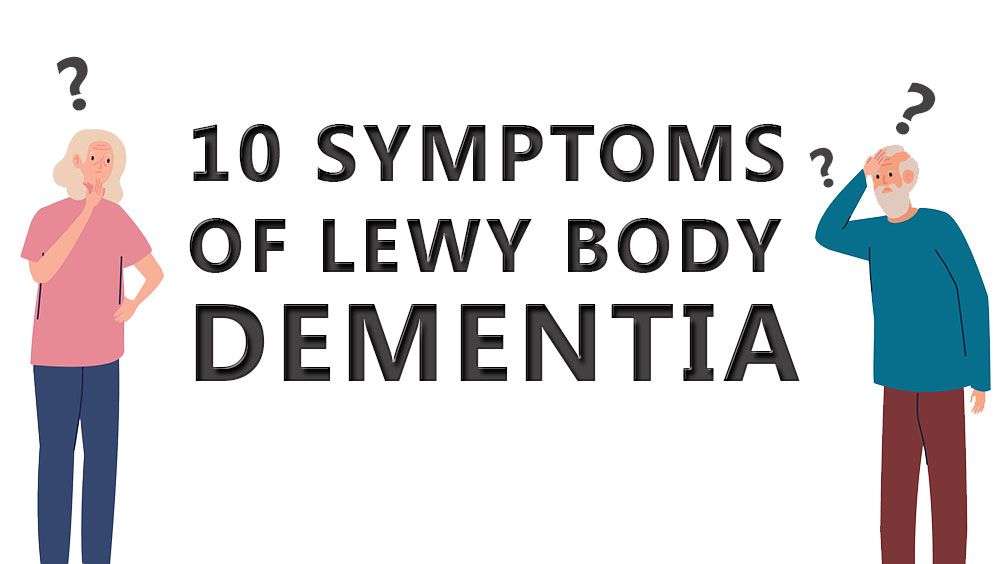Navigating the labyrinth of the human mind can be complex, and when it comes to Lewy Body Dementia (LBD), the journey becomes even more intricate. Delving into the realm of LBD is like piecing together a multifaceted puzzle – from the enigmatic dance of Parkinsonism symptoms to the vivid tapestries of visual hallucinations. As we unravel this tapestry, we'll discover a world where memory, movement, mood, and even sleep are touched by the whispering presence of LBD. Dive in as we explore the captivating, and often mystifying, symptoms of Lewy Body Dementia.
Cognitive Symptoms
Memory Problem
Fact: Studies have shown that memory issues in LBD often relate more to the retrieval of memories rather than the loss of memories themselves. This is in contrast to Alzheimer's where memory encoding is more prominently affected.

While Lewy Body Dementia (LBD) often affects memory, it does so differently than Alzheimer’s disease. Those with LBD might struggle to recall specific details from recent events, even if they happened only hours earlier. Yet, they might still remember distant events from years ago with impressive clarity. It's common for individuals to misplace objects, forget names or appointments, or repeat questions frequently. Unlike Alzheimer's, where the loss of memories tends to be more linear and permanent, LBD patients may have times when they suddenly recall previously forgotten information.




